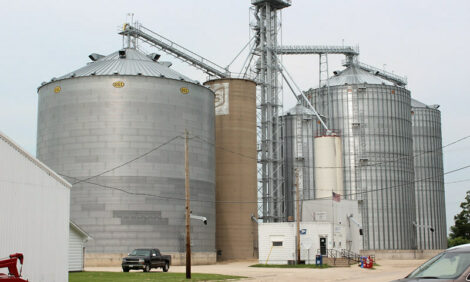



Commission Reacted Late To Risks From Brazilian Beef Imports
EU - The European Ombudsman, P. Nikiforos Diamandouros, has criticised the European Commission for its delay in imposing restrictions on Brazilian beef imports in 2008, in order to deal with risks from foot and mouth disease.However, he rejected a call from a federation of British and Irish farm organisations that the Commission should have imposed a complete ban on Brazilian beef as from 2007.
The Commission explained that deficiencies had indeed been identified in the Brazilian beef control systems in November 2007. As a consequence, it imposed stringent import restrictions on Brazilian beef, but considered an outright ban to be unnecessary.
The Ombudsman concluded that the decision not to impose a ban was justified by the available evidence. However, he criticised the delay in restricting beef imports from unapproved farms in Brazil between February and March 2008. Furthermore, the Ombudsman called on the Commission to continue its regular inspections outside the EU to ensure that the necessary standards of animal and public health are in fact respected.
Some parts of Brazil are affected by foot and mouth disease, a highly contagious viral disease affecting cattle, sheep and other animals. The EU is currently foot and mouth disease-free.
In July 2007, the federation Fairness for Farmers in Europe turned to the Ombudsman, claiming that the Commission should have imposed a complete import ban on Brazilian beef because of potential animal health threats. The Commission explained that serious deficiencies in the Brazilian beef control system had indeed been identified. It, therefore, proceeded to impose stringent import restrictions but refrained from an outright ban. The import restrictions meant that only 412 Brazilian cattle farms were deemed eligible for export to the EU, compared to around 10,000 previously.
According to the complainant, these import restrictions were not enough. The farmers' federation alleged that, after a very critical report of the EU Food and Veterinary Office in November 2007, the Commission should have taken more stringent measures to prevent Brazilian beef from entering the EU. The Commission argued that an outright ban was not necessary because, from mid March 2008, only beef from approved farms in Brazil could be imported into the EU.
The Ombudsman concluded that the Commission's arguments against a total ban on Brazilian beef were convincing. However, he criticised the Commission for allowing into the EU, Brazilian beef imports from 10,000 unapproved farms between February and March 2008. The Ombudsman called on the Commission to continue its regular inspections outside the EU to ensure that the necessary standards of animal and public health are respected before food is imported into the EU.
The Ombudsman's full decision is available here.
TheCattleSite News Desk


